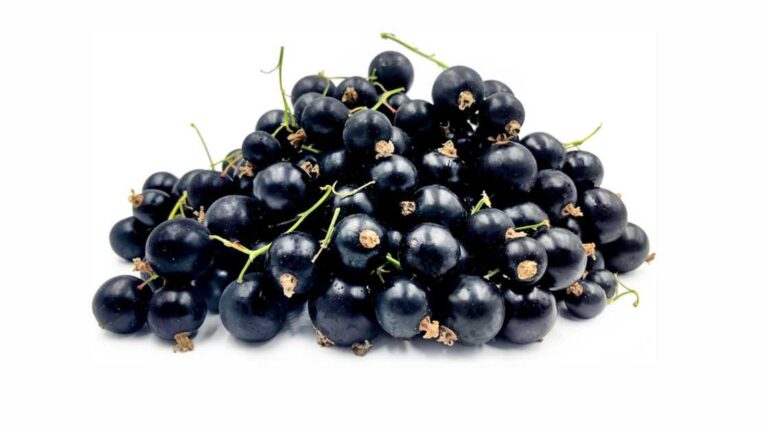What is Garlic?
Garlic is a medicinal plant that belongs to the allium family along with other herbs such as onions, shallots and leeks. It is one of the oldest cultivated plants on the earth and is commonly used as a seasoning by people from all over the world when cooking.
It has a strong and pungent flavour and a somewhat sour taste. 76% of the world’s supply of garlic is produced by China. It has been used for traditional medicine in many countries due to its numerous medicinal and health benefits. Garlic can be eaten raw, boiled or roasted in oil, usually olive oil.
What are the health benefits of garlic?
1. It helps lower blood pressure
Garlic has been known to lower blood pressure thus preventing cardiovascular diseases such as heart attacks and strokes. Human studies have shown that garlic quickens the synthesis of nitric oxide which dilates blood vessels and suppresses angiotensin-converting enzyme (ACE) activity. This has the potential to reduce high blood pressure. It also prevents blood platelets from sticking to the artery walls.
Important
Another fruit know to be good for hypertensives which also helps protect against cardiovascular diseases is Jackfruit.
2. It improves the immune system
Garlic contains antibacterial and antiviral properties that help fight and prevent viruses and bacteria from affecting the human body. It does this by blocking the entry of viruses into cells and bolsters the immune system’s response to attacks. It is also known as an infection fighter.
3. It contains vitamins and minerals
Vitamins and minerals are nutrients that the body needs in small amounts to stay healthy and function well. Garlic gives a bonus because it contains vitamin B6 (Pyridoxine) which is needed for normal brain development, and for keeping the nervous system in good shape. For more information about the importance of vitamin B6, click here. Moreover, garlic is a well-known source of minerals including copper, iron, calcium and potassium.
4. It has the potential to lower cholesterol
Studies conducted have shown that garlic has the potential to lower cholesterol. It is low in calories and also it contains a compound called allicin which can reduce LDL (low-density lipoprotein) cholesterol (which is also known as bad cholesterol because it collects in the walls of your blood vessels, thus, increasing your chances of health problems such as heart attack or stroke).
5. Control asthma
Another health benefit of garlic is that it can control asthma. Eating boiled garlic flower buds or cloves is an effective remedy for reducing the symptoms of asthma. Another remedy is drinking a glass of milk with boiled garlic cloves before going to bed. This has been known to bring alleviation to people with asthma.
6. May have anti-cancer activity
The compounds contained in garlic have been studied. This is because these compounds can constrain cancerous cells and block or stop tumour generation.
7. Works as an anti-inflammatory agent
Studies have shown that garlic oil possesses anti-inflammatory effects. If you suffer from inflamed joints or muscles, smear them with the oil. The Arthritis Foundation recommends it to help prevent cartilage damage from arthritis.
8. Treat athlete’s foot
The athlete’s foot (tinea pedis) is a fungal infection that occurs between the toes. It commonly occurs in people whose feet have become very sweaty while confined within tightfitting shoes. Signs and symptoms of an athlete’s foot include a rash of scaly nature.
Garlic is also known to fight fungus. Soaking an athlete’s foot in water mixed with garlic or rubbing your foot with garlic attacks the itch fungus.
9. Gives better hair and skin
The antibacterial traits of garlic can make your skin glow by clearing the skin of acne-causing bacteria. Studies have shown that rubbing garlic over pimples can wipe them away. Although it can cause a burning sensation if a person’s skin has an allergic reaction to garlic, one must be cautious when trying this method or seek professional help from a dermatologist.
10. Gives your food protection
The antibacterial properties of garlic can kill bacteria that can cause food poisoning. Some of these food poisoning bacteria include salmonella and E. coli. So, the inclusion of garlic in one’s food reduces the risk of food poisoning.
Garlic plays an important role when it comes to health issues of the human body. Its role can never be underestimated. It has so many health benefits that this editorial piece cannot cover its entirety. Moreover, there are discoveries about the health benefits that garlic has and so the consumption of garlic whether by adding it to one’s food during the cooking stage or eating raw should be encouraged.
Garlic has little to no safety concerns and allergies. The daily recommended intake of garlic ranges to half a clove (flower bud) or one whole clove per day. The consumption of garlic should not be abused since garlic has many health benefits. The abuse or excessive intake of garlic has side effects such as heartburn, indigestion, diarrhoea amongst others. It is therefore advisable to take the correct amount or dosage of garlic that the body can handle.
According to an article published by the American Family Physician Journal, 4 g (one to two cloves) of fresh raw garlic is recommended a day.
Dosages for other garlic products include: 0.4 to 1.2 g of dried garlic powder; 2 to 5 mg garlic oil; 300 to 1000 mg of garlic extract (as solid material); 2400 mg per day of aged garlic extract (liquid). Clinical trials have evaluated 180 mg of allicin daily for prevention of the common cold, and at least 5.5 g of raw garlic for the prevention of prostate cancer. Doses of garlic powder used in antihypertensive trials have ranged from 300 to 2,400 mg/day for up to 24 weeks.


















5 Comments